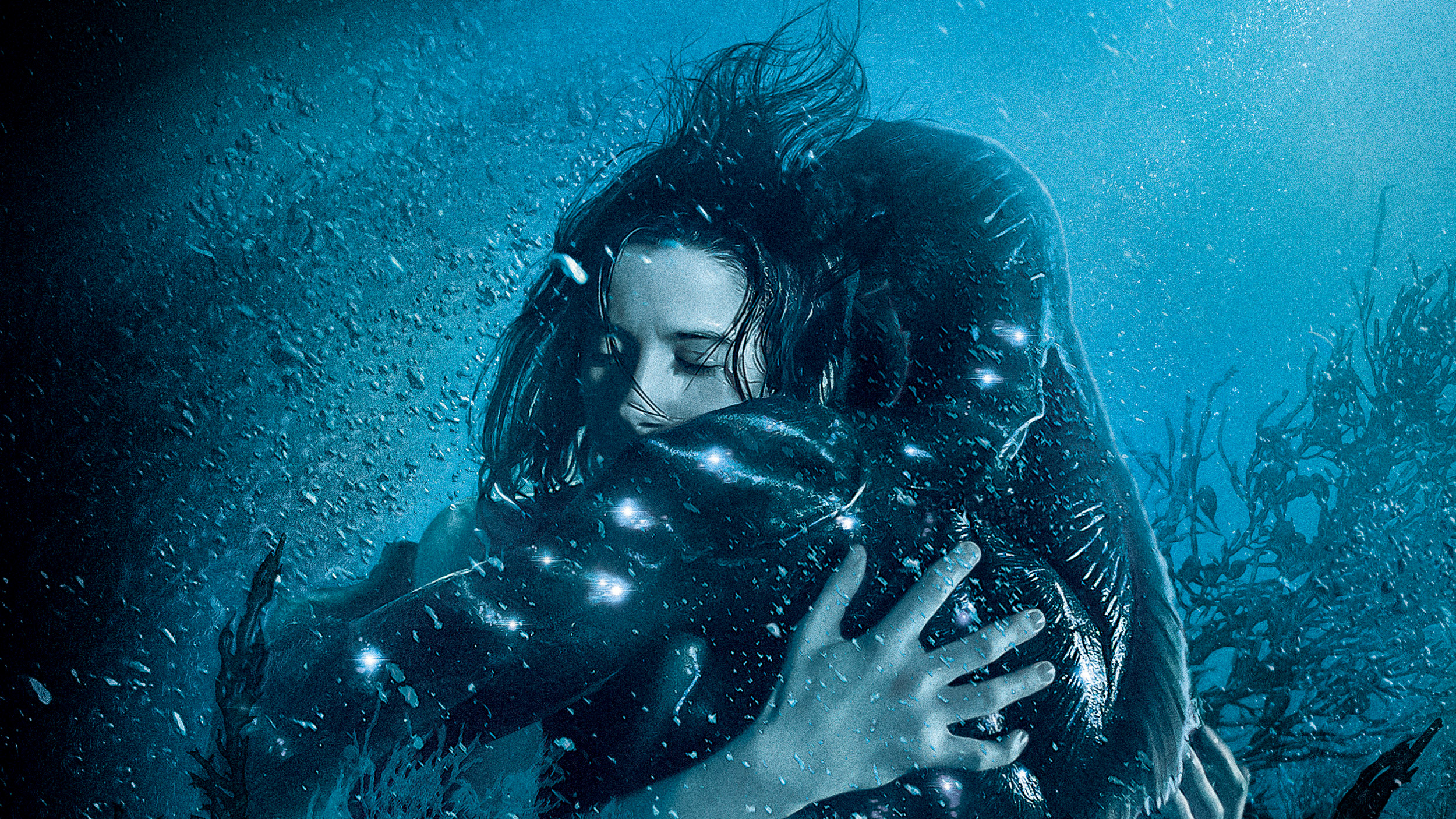Alien: The Art of Empathy

Alien, 1979.
The crew of the Nostromos, a deep space cargo vessel, answer a distress signal. Three crew members disembark to investigate while, back on the Nostromos, the onboard computer reinterprets the message.
It is not a call for help. It is a warning.
Our crew stumble upon an alien of unmatched evil. This beast makes sport of terrorizing the Nostromos crew. Deaths are inhumane, cruel, brutal; obscene.
Human bodies serve as incubators for the young. Human lives—meaningless.
With palpable tension, Ripley makes it to the escape pod—and freedom. Moments later we discover the dreaded Xenomorph lurking in her midst.
Above: look very closely. Three pipes to the left of Ripley; one behind her elbow on the right. One is not what it seems.
Above: Ripley releases noxious fumes moments before the ritualistic bloodletting begins.
Ripley jettisons our monster out of the escape pod, activating the engines to finish the beast.
Good conquers evil.
The end.
_________
Above: A spider wasp paralyzes its prey. The goal: keep the spider alive; required for the wasp’s survival.
__________
We now view this story through the eyes of the Xenomorph.
__________
You burst into the world, oblivious to your surroundings. You react with typical animal behavior: freeze, fight, or flight.
Where am I? What am I? should I move? Stay? Am I safe? Am I in danger?
You freeze for a moment; confused disorientation. Driven by the accurate perception of a potential threat, you flee.
Your body begins growing with unprecedented speed—doubling and redoubling within hours. The caloric demands of your metabolism force you into immediate action.
As a predator, you require prey. There’s nothing malicious to this—like all animal species, you are designed to compete for survival. Resources are limited. You use all means available to acquire them.
The only source of food available? The crew itself.
After devouring almost everyone, you have sated your body’s needs.
Something is off. This place is noisy. It’s restless. The one remaining prey is terrified and moving. Leaving, and quickly. This must mean something.
Compelled by intuition to flee this unstable environment, you hide in the very place your prey is going. Safety.
And there you stay.
The last prey is there, within reach. But you do not attack.
Having easily defeated others of this species, you do not deem this one a worthy threat.
It isn’t life or death for you. There’s no inherent pleasure in killing. There’s no need to kill out of self-defense.
You may get hungry later. You may need a host body for reproduction. Until necessary, the prey will remain untouched.
After being detected by Ripley, you show no aggression. You have no response. You are willing to survive through cohabitation, demonstrated through your calm demeanor. Your inactivity.
Then, you are viciously attacked.
Above: Revisit this picture.
From Ripley’s perspective, evil incarnate must be eradicated. She initiates the attack.
For the Xenomorph: neutralize the threat, or die.
Now it is life or death.
You are blown out of the ship. You are tethered to it. You scramble to survive. A searing blast of heat your final experience after just days of conscious awareness.
The end.
_______
One story. Two very different perspectives.
“Empathy: the action of understanding, being aware of, and vicariously experiencing the feelings, thoughts, and experiences of another.”
At face value, Alien is a monster movie. A monster who feeds off the thrill of fear, death, and destruction.
It isn’t.
Revisit Alien. All initial assumptions about the Xenomorph are wrong.
This is no monster. No supernatural abilities. It is an animal, working on the same premises of all animals—adapt, evolve; reproduce. Survive. Morality, cruelty, malice, and savagery are not even concepts. There is no “evil”—only the desire for life.
Killing humans is no more an ethical conundrum than a lizard eating a cricket, or—once hunger is satisfied—ignoring the cricket entirely.
The leadership lesson is this.
It is easy to misunderstand the otherness of others. People operate on their own inherit needs, frustrations, and desires. They are rarely the same as yours.
Seek understanding before passing judgement. Empathize. Slow down. Reassess.
Right/wrong.
Good/evil.
Selfish/Altruistic.
Reject the impulse for a snap verdict. It is often wrong.
You share this world with everyone else—but the lens you experience it through is uniquely yours. As is theirs.
Empathy. As important as what is why.
Understand both before passing judgement.
Mark Joseph Huckabee



















